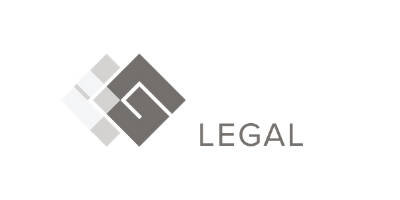
by Kat | Jul 10, 2023 | Property
When a property is sold, it is a Capital Gains Tax (CGT) asset, meaning you may be liable to pay tax on all, or part of the profits from the sale. However, there’s an exemption for a property that is your principal place of residence – the home where you live most of...

by Kat | Jul 10, 2023 | Franchising
Franchising is a popular business model that allows you to operate a business under the brand of another business. Famous examples of a franchise in Australia include Pool Werx, Muffin Break, and Jim’s Mowing. A franchisee is a sole trader, partnership or company...

by Kat | May 29, 2023 | Commercial, Franchising
Two of the most common types of businesses in Australia are licensed businesses and a franchised business. But what’s the difference? Both models are business agreements in which certain aspects of the brand are shared in exchange for a fee. However, a franchising...

by Kat | May 29, 2023 | Commercial
When you’re selling a business as a going concern, it means you are selling everything that’s necessary for the continued operation of that business. It also means that you will continue running the business until the day of the settlement. According to the Australian...

by Kat | May 23, 2023 | Property
E-conveyancing refers to property transactions that are settled electronically, and as of February 20 this year, they’re compulsory in Queensland. Mandatory e-conveyancing aims to ensure property transactions are completely quickly and consistently. It also brings...






